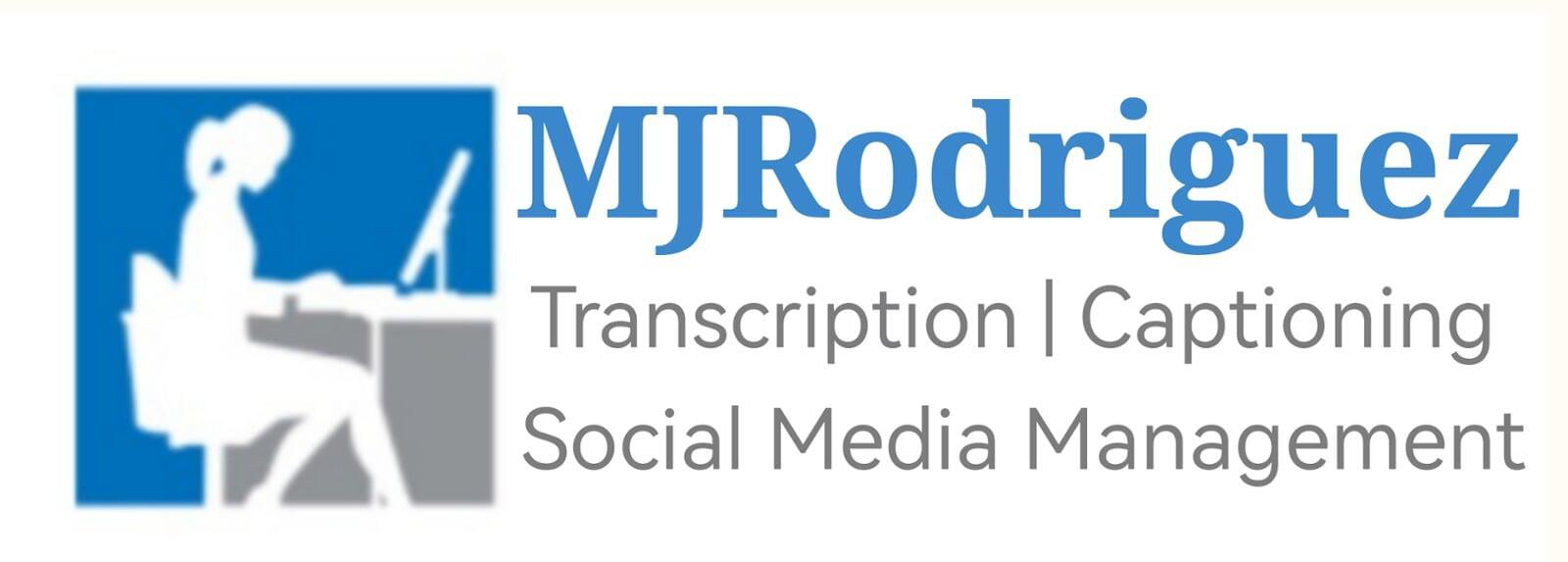Sustainability and Transcription: Exploring Eco-Friendly Practices in Digital Transcription
In an era where sustainability is a driving force for businesses worldwide, transcription services are emerging as a subtle yet significant player in eco-friendly practices. Beyond being a practical solution for managing audio and video data, transcription services contribute to greener workflows for businesses committed to reducing their environmental impact. Let’s delve into how transcription supports businesses’ eco-friendly practices and aligns with sustainability goals.
The Intersection of Sustainability and Transcription
At first glance, transcription may seem unrelated to sustainability. However, the transition to digital workflows, driven by transcription services, has proven to be a game-changer for businesses striving for environmentally conscious operations. By minimizing paper usage, promoting efficient communication, and optimizing digital resources, transcription aligns with sustainability efforts across industries.
1. Paperless Documentation: A Sustainable Choice
One of the most evident eco-friendly advantages of transcription is the shift to paperless documentation. Traditional methods of storing meeting minutes, interviews, and training materials involved printing extensive documents, often leading to waste. With transcription services, businesses can:
Digitally archive meetings, webinars, and interviews.
Share files electronically, reducing the need for printed materials.
Save storage space by eliminating bulky physical records.
By opting for digital transcripts, companies significantly cut down on paper consumption, aligning with global efforts to reduce deforestation.
2. Remote Work and Reduced Carbon Footprint
The rise of remote transcription services has redefined how businesses handle their documentation needs. Instead of relying on in-house teams or physically transferring recordings, businesses can collaborate with transcription providers online. This approach:
Eliminates the need for physical travel, reducing carbon emissions.
Promotes efficient remote workflows that integrate seamlessly into broader digital strategies.
Supports a global network of freelancers, enabling diverse and sustainable working environments.
Transcription's adaptability to remote work not only enhances efficiency but also aligns with the eco-conscious shift in modern business operations.
3. Optimized Resource Management Through Transcripts
Accurate transcription services streamline businesses’ resource management. For instance:
Efficient Meetings: Sharing transcripts instead of physical notes ensures all team members have access to the same information, reducing redundancy.
Content Repurposing: Transcripts allow businesses to extract key insights, saving resources needed for re-recording or re-writing content.
Data Analysis: Digitally archived transcripts support efficient data processing, reducing the need for excessive computational resources.
By optimizing how information is managed and shared, transcription services help businesses maximize their resources while minimizing waste.
4. Enabling Green Marketing Strategies
Sustainability is now a cornerstone of branding, with businesses showcasing their eco-friendly initiatives to appeal to conscious consumers. Transcription services play a role in this by:
Repurposing Video and Audio Content: Transcripts enable businesses to transform webinars, podcasts, and interviews into blogs, e-books, and social media content without creating new resources.
Improving Accessibility: Text-based content is more accessible to wider audiences, supporting inclusivity and reducing the need for additional formats.
By utilizing transcription, businesses not only promote their green values but also amplify their message with minimal environmental cost.
5. Enhancing Training and Knowledge Sharing
Corporate training and knowledge-sharing processes often generate significant waste through printed manuals and physical handouts. Transcription services support eco-friendly alternatives by:
Creating searchable digital training materials.
Reducing the need for printed guides or repetitive in-person sessions.
Providing transcripts of webinars and seminars for on-demand learning.
These practices ensure businesses can train their teams effectively without compromising their commitment to sustainability.
6. Long-Term Digital Storage and Accessibility
Digital transcripts ensure long-term accessibility without the need for physical archives. Businesses benefit by:
Reducing storage costs and space requirements.
Minimizing environmental impact from manufacturing and disposing of physical storage media.
Enhancing data retrieval efficiency through searchable formats.
Such digital-first strategies align with modern sustainability practices, demonstrating a commitment to reducing waste.
Transcription as a Green Enabler
Transcription services offer businesses more than just a way to manage audio and video data; they provide a pathway to integrate eco-friendly practices into their operations. By reducing paper use, enabling remote workflows, and optimizing content repurposing, transcription aligns with the sustainability goals of forward-thinking businesses.
As organizations continue to prioritize environmental consciousness, transcription’s role in fostering green practices will only grow. For businesses committed to a sustainable future, partnering with transcription providers who share these values is a step in the right direction.




